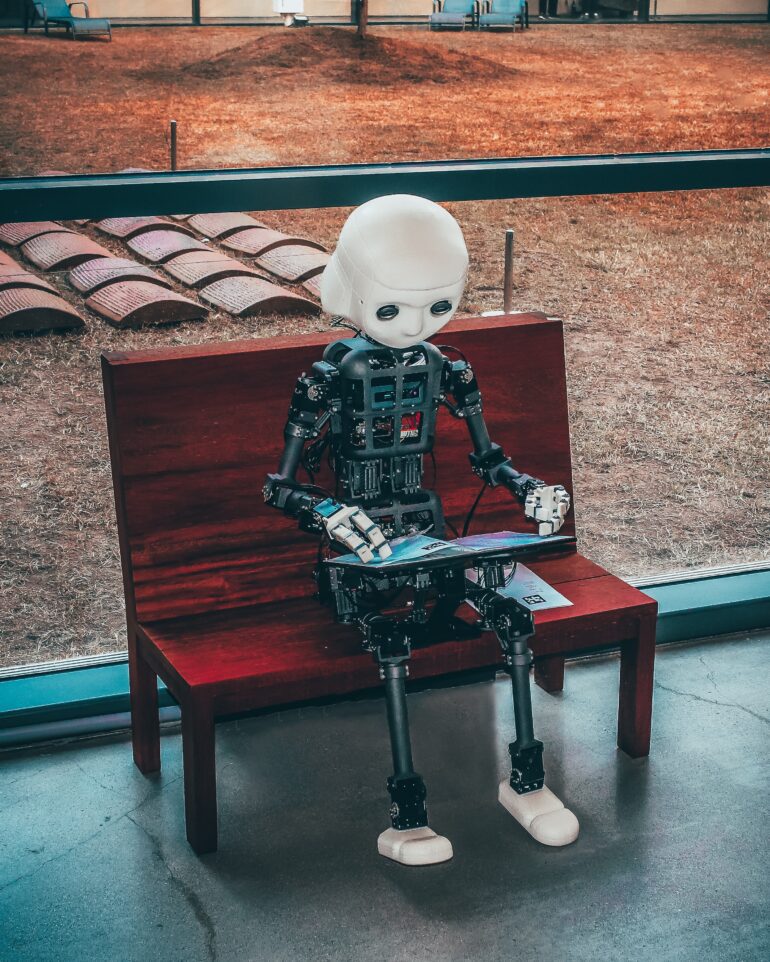The US Chief Justice Roberts in his recent end-of-year report expressed both his optimism and concerns about the integration of artificial intelligence into the legal system.
He acknowledged the potential of AI and called it the “latest technological frontier” emphasizing its capability to improve the efficiency of legal research. For example, for those people who can’t hire a lawyer, AI is the best option. Roberts said that AI drives new and highly manageable tools that can give the best answers to some basic questions, like where to find the right court forms, how to fill them out, what template can we have, and how to bring them to judge without even leaving your home.
While talking about the role of AI as a powerful tool for accessing information, Chief Justice Roberts also warns about the risk of using this technology in legal proceedings. One of the main concerns raised by Robert is the potential invasion of privacy interests and dehumanizing the law while using excessive reliance on AI technologies.
Roberts also added that sometimes, the judicial system requires human assessment and understanding of nuance in some decision-making. So, simply trusting the AI tools is likely to get unsatisfactory results.
He said that some legal scholars raised concerns regarding the confidentiality of information entering into AI tools might conciliation later try to invoke legal privileges. For instance, in criminal cases, using the Al in making discretionary decisions, such as assessing flight risk and predicting recidivism invokes concerns about due process, reliability, and the possibility of bias.
He stated that AI can help the judicial system to resolve some cases within minutes but still, he warns that AI is not suitable for all situations and courts will need to consider its proper uses in court cases.
He specified:
I predict human judges will be around for a while, But with the same confidence, I can confidently predict that judicial work- mainly at the trial level may be affected by AI
Not limited to this, Robert also noted the risk of “Hallucination” that an AI model can make a mistake and share false information on a topic. Michael Cohen- the former attorney of former US President, Donald Trump, recently admitted to using the fake legal citations that were engendered by AI, showing the real-world consequences of such errors.
Despite all these reservations, Chief Justice Roberts still emphasizes the potential benefits of AI specifically in increasing access to legal information for people who have limited resources. He said that AI- Tools could offer solutions to some basic legal queries while sitting at home.
History of AI in the US Legal System
While some resources claim that AI is already impacting the US legal system. Last year there came news that two lawyers were accused of citing non-existing cases in a legal filing after using the OpenAI’s ChatGPT. In that case, the AI chatbot has completely fabricated the six cases and lawyers were completely unaware of the possibility that this might be false content.
Moreover, there seems another case where another US lawyer was in the limelight for pulling up for the citing fake cases and was completely unaware of checking them after his client generated them using Google Bard.
Therefore, after looking at things, Roberts hinted at the limitation of AI that we should rely on existing information and may struggle with fact-specific scenarios. While warning about the risks of using these AI tools, Chief Justice Roberts also looks at the positive potential of AI, pointing to it as the best source for urgent cases within the court systems.
As we all know legal landscapes continue to evolve, hence, there should be a delicate balance between harnessing the benefits of AI and safeguarding against the pitfalls that remain a crucial consideration.

